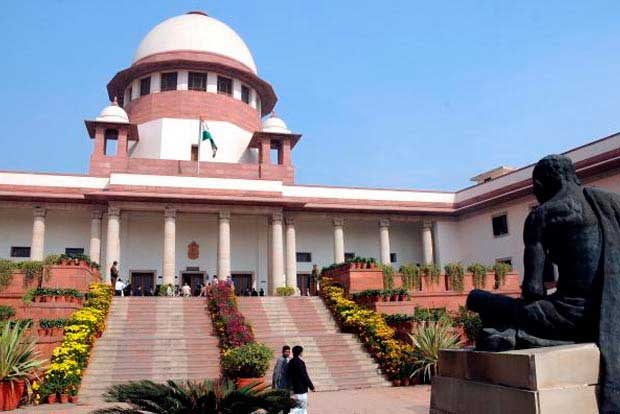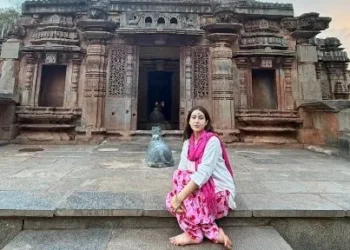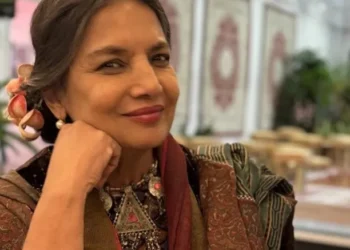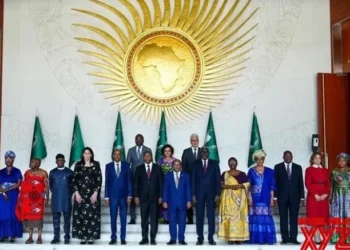Plea in SC seeks transfer of petition on ‘Uniform Civil Code’
A plea has been filed in the Supreme Court seeking transfer of a petition on Uniform Civil Code issue, pending in the Delhi High Court, to the apex court to avoid multiplicity of litigations.
The plea filed by advocate and BJP leader Ashwini Kumar Upadhyay noted that five PILs seeking uniform laws on minimum marriage age, divorce grounds, maintenance-alimony, adoption-guardianship and succession-inheritance are pending in the Supreme Court.
It said that implementing the Uniform Civil Code for all citizens on the lines of the Indian Penal Code will free the people of the country from hundreds of complex and outdated laws.
The petition filed through advocate Ashwani Kumar Dubey has also sought a direction to the Centre to constitute a Judicial Commission or Expert Committee to draft the Uniform Civil Code within three months while considering the best practices of all personal laws and civil laws of the developed countries and international conventions.
“A gender-neutral, religion-neutral law will apply to all Indians, whether Hindu or Muslim, Zoroastrian or Christian, in relation to the will, charity, divinity, guardianship, sharing of custody, etc. The gender-based discrepancy in the religion caste and sect will end.
“A comprehensive unified gender-neutral and religion-neutral law will be passed at the national level and will be equally applicable to all citizens,” the plea said adding that it will not only promote fraternity and national integration but also secure gender justice and dignity of women.
The plea stated that the “Uniform Civil Code or Indian Civil Code” has always been seen as a “spectacle of religious appeasement”.
The Supreme Court or high court cannot ask the government to implement Article 44 of the Constitution but can direct the Centre to constitute a committee to prepare a draft of the Uniform Civil Code, the plea said.
“The Supreme Court and High Court may direct the Centre to constitute a Judicial Commission or Expert Committee to study the Uniform Civil Code of the developed countries and the laws applicable in India and make public a draft of the ”Indian Civil Code”, combining the good of all, and public discussion could begin on this subject,” it said.























